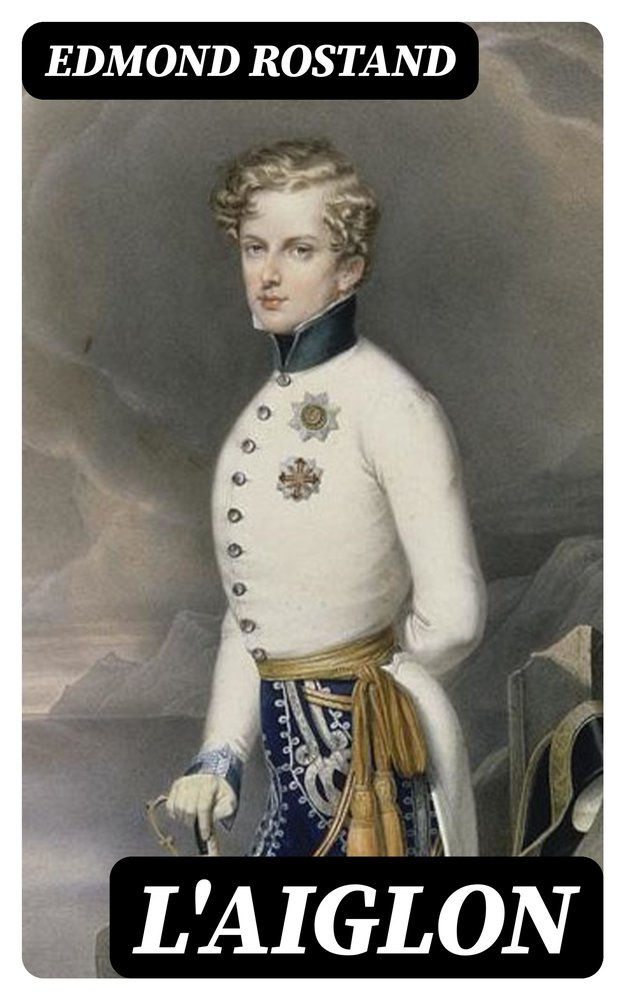In Edmond Rostand's classic play 'L'Aiglon,' readers are transported to the last days of Napoleon Bonaparte's only son, the Duke of Reichstadt. Rostand's eloquent verse and vivid characterizations bring to life the struggles of the young prince as he grapples with his identity and desire for glory in the shadow of his father's legacy. The play is a masterpiece of French romanticism, with themes of love, honor, and sacrifice woven throughout the narrative. Through lyrical dialogues and poignant soliloquies, Rostand explores the complexities of power, duty, and personal ambition. Edmond Rostand, known for his poetic language and romantic themes, was inspired to write 'L'Aiglon' by the tragic story of Napoleon's son. Rostand's deep understanding of French history and his ability to imbue his characters with depth and emotion make this play a timeless classic. His poetic style and historical accuracy set him apart as a literary genius of his time. I highly recommend 'L'Aiglon' to readers who appreciate beautifully written plays that delve into the human condition and historical events. Rostand's masterful storytelling and profound insights make this play a must-read for anyone interested in French literature and historical drama.


